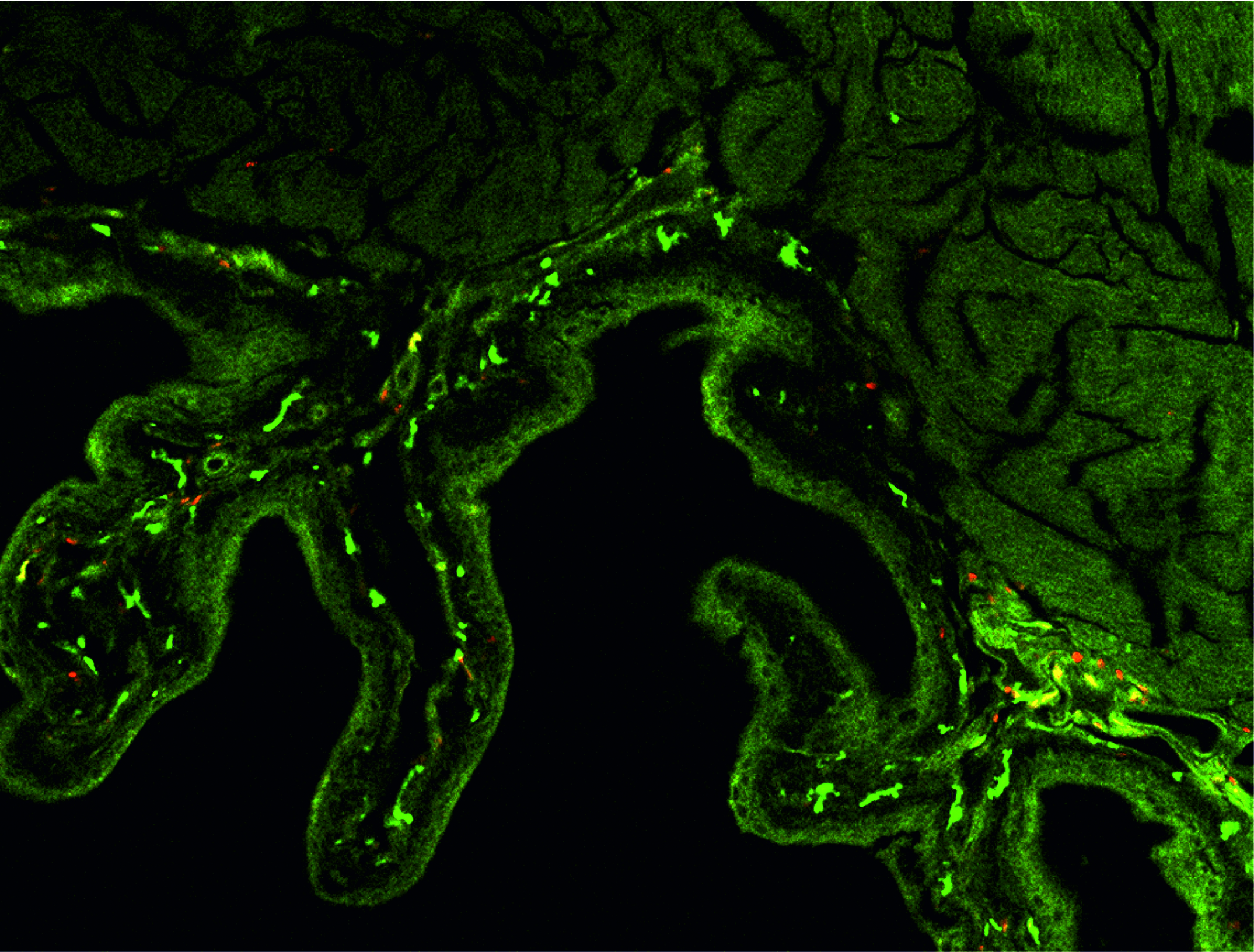Comparative transcriptome and proteome analysis of SCI-induced neurogenic LUTD in humans and rats
We are running collaborative projects with the University of Oslo, Norway, and Paracelsus Medical University, Salzburg, Austria, investigating the gene expression changes in the neurogenic bladders of human SCI patients and in rats with experimentally-induced neurogenic bladder dysfunction. Both studies examine the effects of treatments (early Onabotulinumtoxin A injections into detrusor of humans with SCI, and a leukotriene receptor antagonist in rats) on the bladder function and expression of genes indicative of the activation of specific pathways involved in the organ remodelling. We conduct transcriptome and proteome analysis to describe the SCI-induced short and long term molecular changes the bladder tissue and the spinal cord, and assay the treatment effects. The human longitudinal data obtained by repeated biopsy collection up to 1 year after SCI is unique and will provide an invaluable control for the animal models of different species, allowing to identify the best-suited candidates for translational research.
